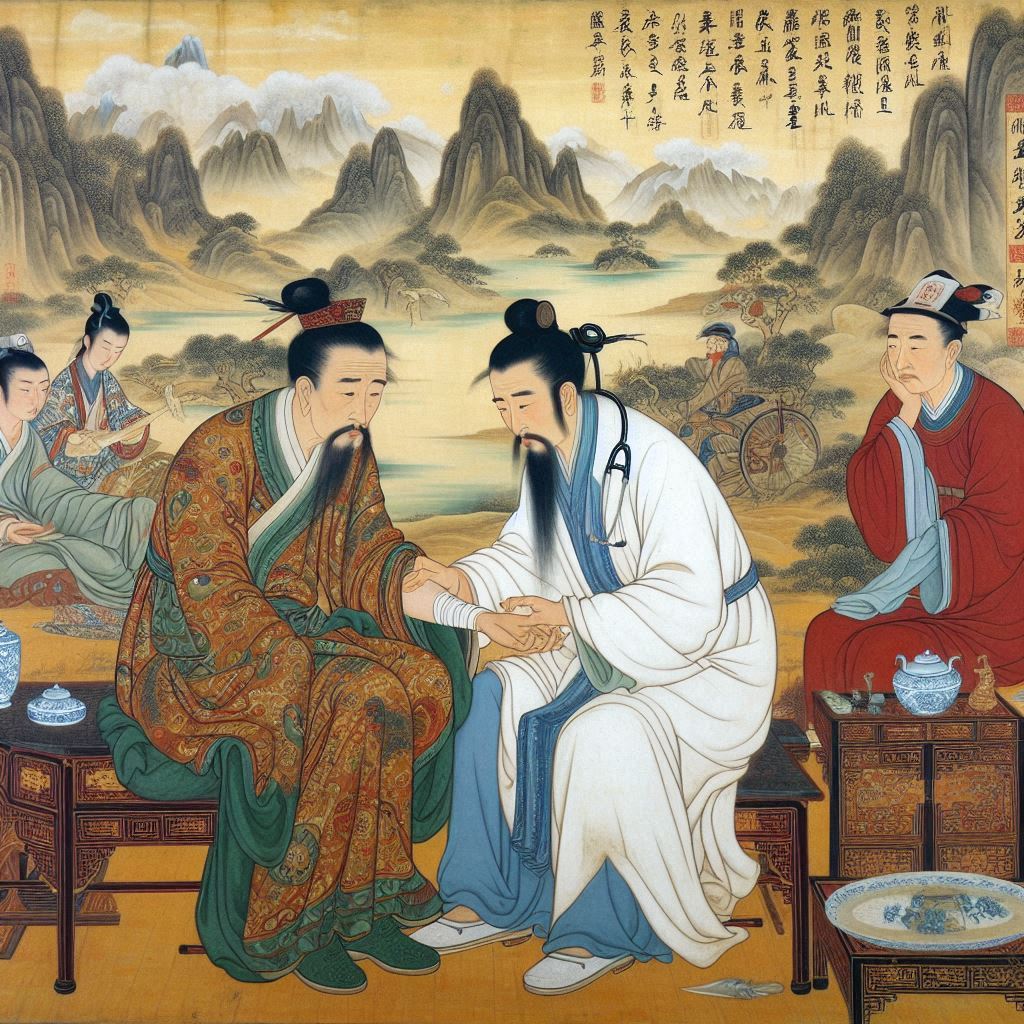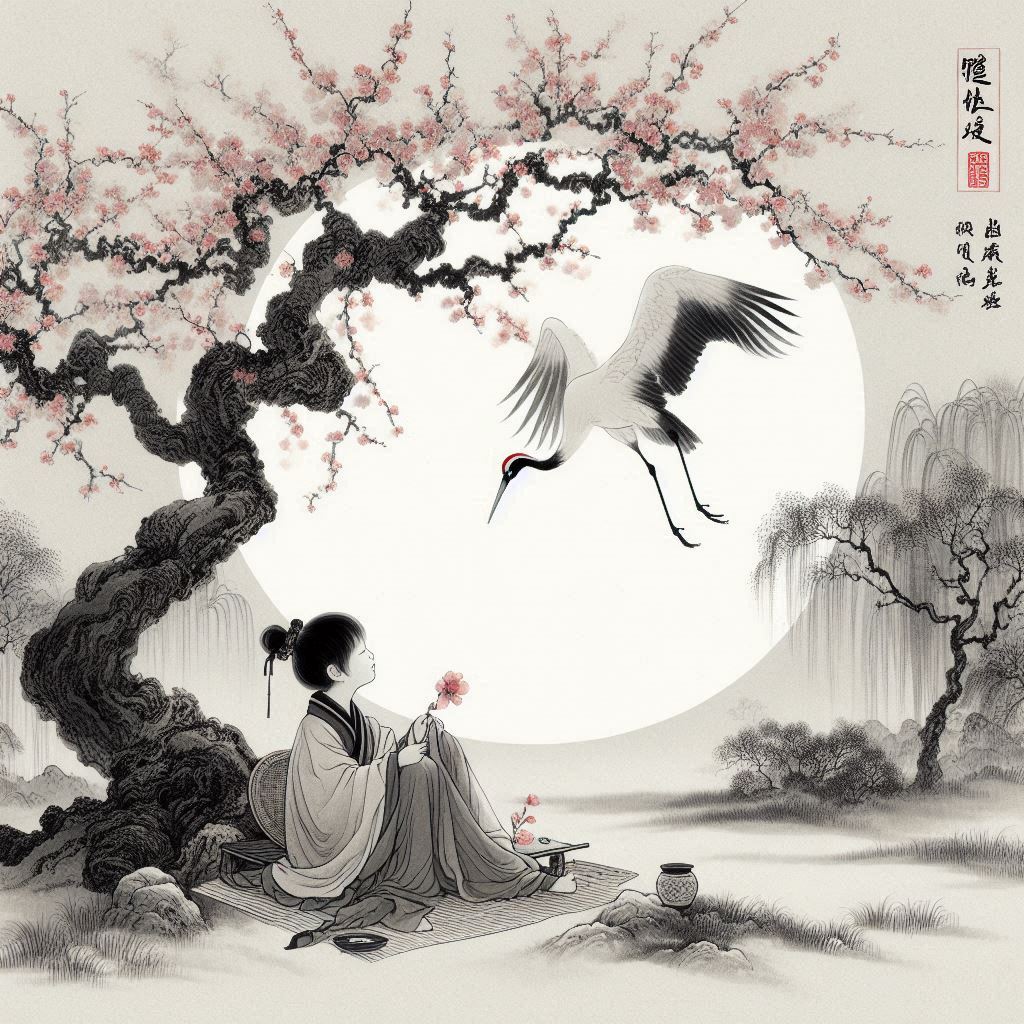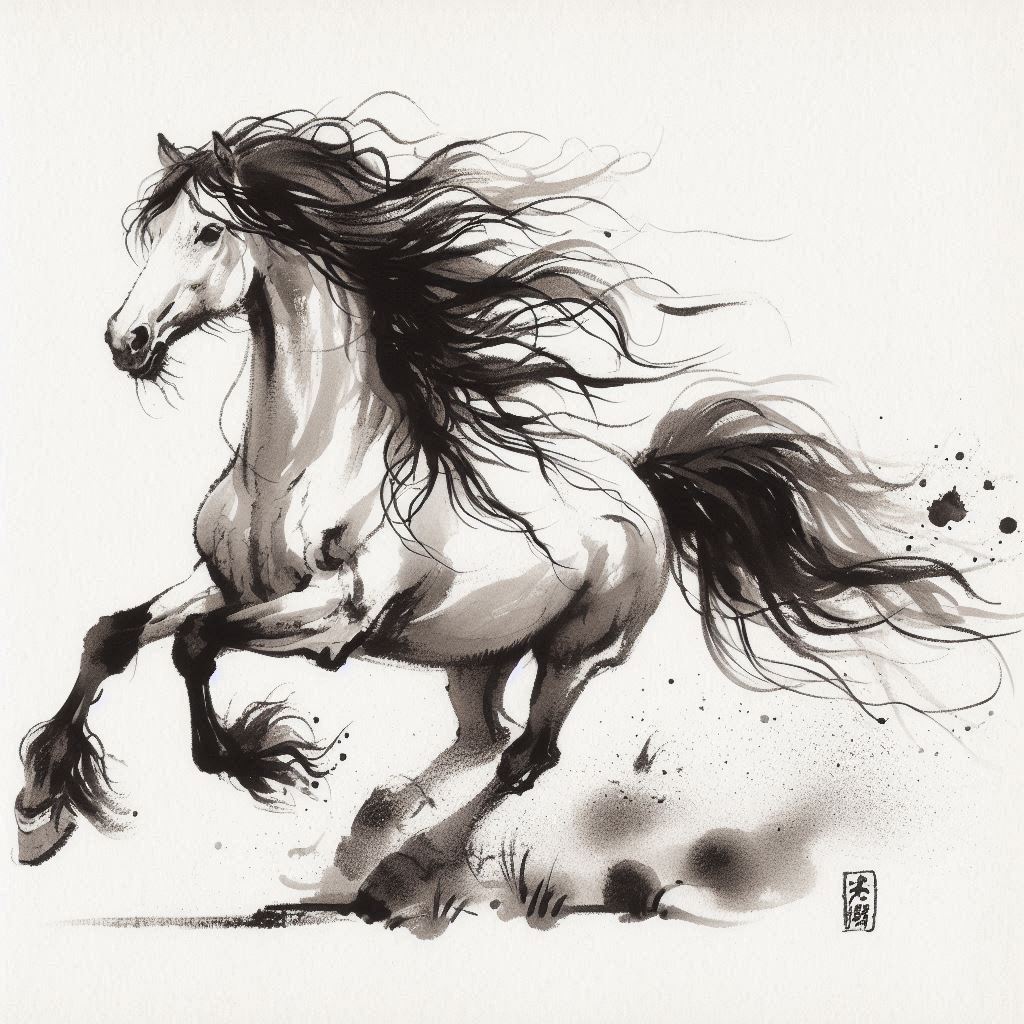Introduction to the disharmony
Major symptoms:
- feeling of fullness in the abdomen
- nausea
- belching
There are several causes that lead to food stagnation. One is stress and negative emotions. Sudden and extreme emotions obstruct the energy flow of the Stomach, causing it to stagnate. When the smooth flow of Stomach Qi stagnates the food in the Stomach cannot be processed and stagnates as well. The emotions that particularly affect the Stomach are worry and overthinking. Chronic worry and worrying while eating all lead to food stagnation(1).
Another cause of food stagnation is overeating. Eating irregularly and in large quantities is heavy on the digestive system making it difficult to process the food. Thus the food remains stagnant and undigested for longer periods of time.
The herbs used in the cases of food stagnation are herbs that soften and reduce, move and guide out food accumulation.
Major Chinese herbs
Mai Ya (Fructus Hordei Vulgaris) and Gu Ya (Fructus Oryzae Sativae) are two herbs that reduce food stagnation and are particularly useful for poor digestion due to inability to digest starchy foods. Lai Fu Zi (Semen Raphani Sativi) – radish seed – is used for acid reflux and belching. Shan Zha (Fructus Crateagi) is particularly useful for food stagnation due to over-consumption of meat and greasy foods(2). According to research this red herb can treat fatty liver and reduce blood fat(3).
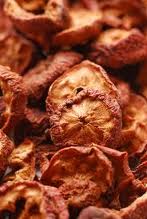
Healing Foods
Foods benefit food stagnation differently.
To unlock the rest of this article select "Yes, I want to learn!" below.
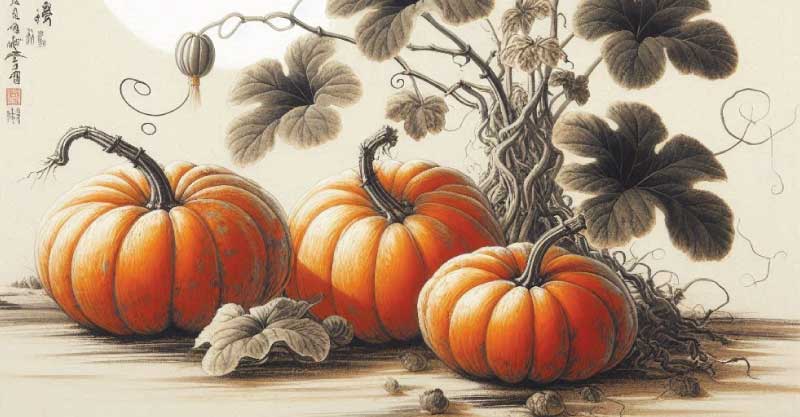
Food therapy is the most economical and non-toxic biochemical approach to health and disease. Food is something we continuously use to sustain our lives. Learning what foods are healing (and what disruptive) for each condition has the potential to convert every meal into a form of therapy.
YS
(1) Maciocia, Giovanni (1989). The Foundations of Chinese Medicine. Edinburgh: Harcourt Publishers Limited
(2) Benski, Dan & Gamble, Andrew (1993). Materia Medica, Revised Edition. Seatle: Eastland Press, Incorporated
(3) Lu, Henry (2005). Chinese Natural Cures. New York: Black Dog & Leventhal Publishers, Inc.
(4) Pitchford, Paul (2002). Healing with Whole Foods. Berkeley: North Atlantic Books
(5) Holmes, Peter (1998). The Energetics of Western Herbs. Boulder: Snow Lotus Press, Inc.
Related Articles:
The Stomach in Chinese Medicine
The Spleen in Chinese Medicine
Emotions and Traditional Chinese Medicine
The Seven Emotions - Internal Cause of Disease
Note: This site and its services are to consumer educational use only. Nothing contained in this site is or should be considered, or used as a substitute for medical advice, diagnosis or treatment. We advise users to always seek the advice of a physician or other qualified professional with any questions regarding personal health and medical condition. Please read our Disclaimer

